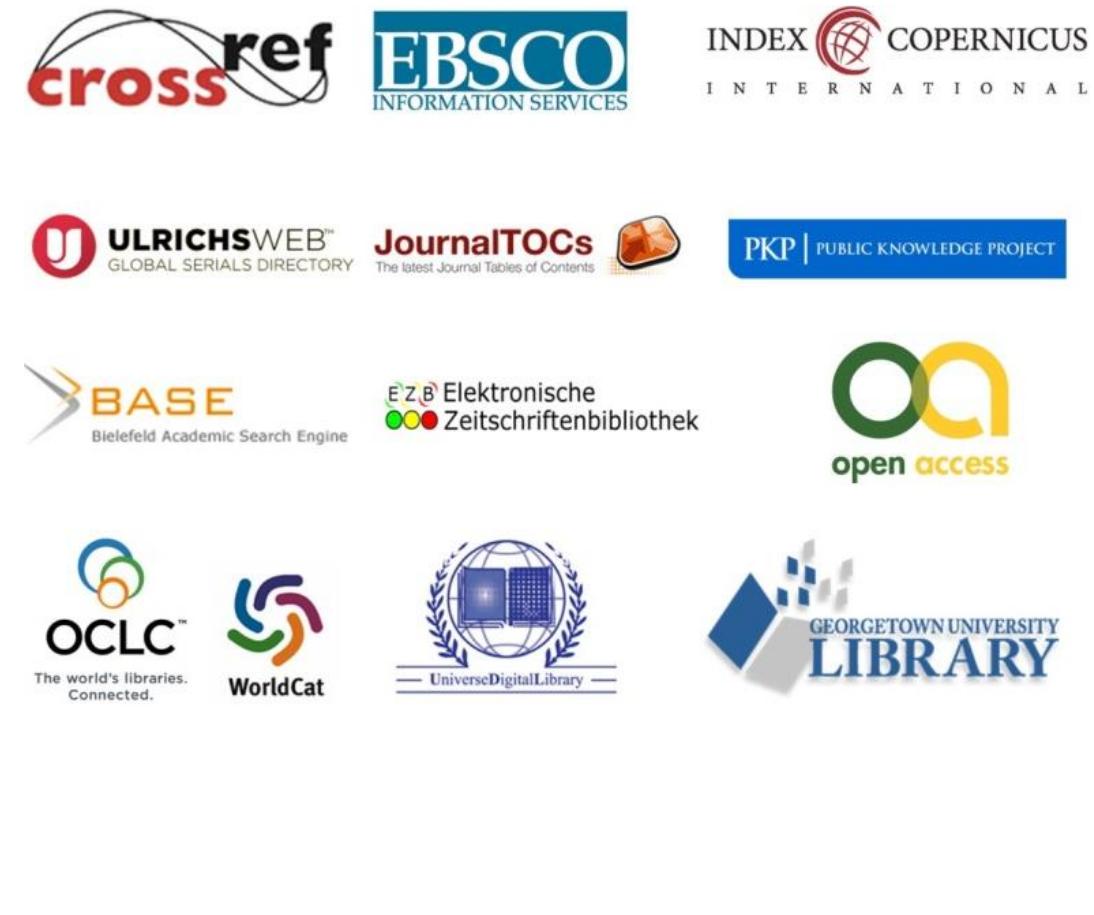Key research themes
1. How can clinical supervision models enhance the quality and effectiveness of curriculum supervision in teacher education?
This theme investigates how structured supervisory models, particularly Clinical Supervision Models (CSM), improve teacher supervision quality, feedback, and professional development during teaching practice. It matters as effective supervision directly impacts pre-service teachers' instructional skills and curriculum implementation fidelity.
2. What are the prevailing perceptions and approaches to curriculum supervision among school leaders and teachers, and how do they affect curriculum implementation?
This theme explores how curriculum leaders and teachers perceive the scope and methods of curriculum supervision and the implications for effective curriculum delivery. Understanding these perceptions is crucial as they influence the cooperation between supervisors and teachers, supervision approaches, and ultimately the quality of curriculum implementation in schools.
3. How does instructional leadership by school principals influence curriculum supervision and instructional quality in schools?
This research theme examines the role of school principals' instructional leadership within curriculum supervision, focusing on how principals' leadership capacities affect instructional practices, curriculum implementation, and consequent student outcomes. This issue matters because principals often serve as key curriculum supervisors in schools, and their leadership effectiveness determines the quality of educational delivery and reform success.













































